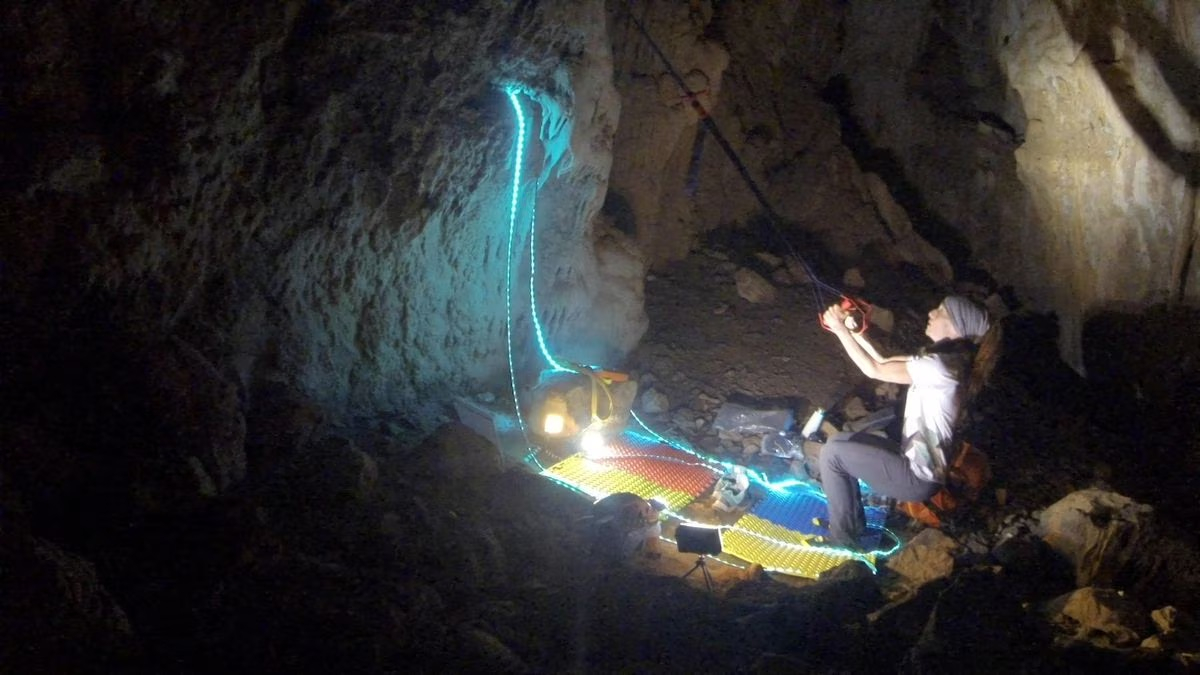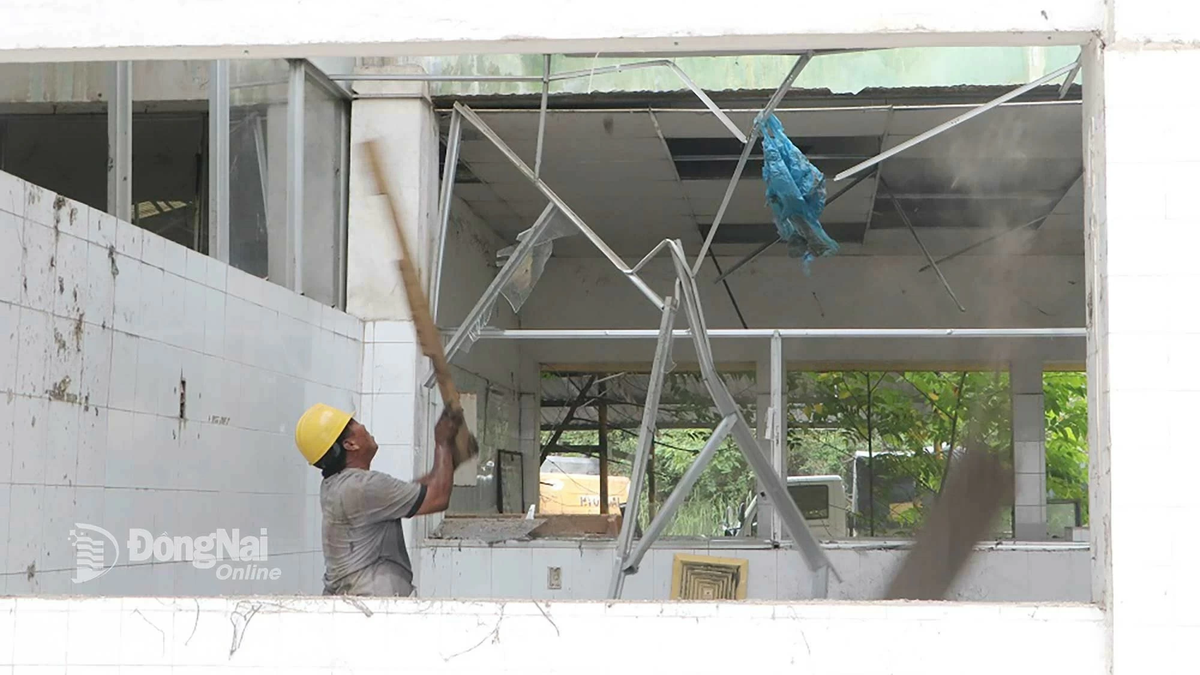Wearing dark glasses and smiling as she adjusted to the spring light in southern Spain, elite mountaineer Beatriz Flamini told reporters she did not want to go outside.

Beatriz Flamini, a Spanish climber in a cave in Motril. Photo: Reuters
Flamini's support team said she broke the world record for the longest time spent in a cave in an experiment overseen by scientists who study the human mind and biological rhythms. She was 48 when she entered the cave, having celebrated two birthdays alone underground.
Flamini began his challenge on Saturday, November 20, 2021 — before fighting in Ukraine erupted, Spain's COVID mask mandate ended, and Britain's Queen Elizabeth II died.
She was out for eight days, her team revealed, but was isolated in a tent waiting for repairs to the router used to send audio and video to let her team know her situation.
When asked if she ever thought about pressing the panic button or leaving the cave, she replied: "Never. In fact, I didn't want to go out."
“On day 65, I stopped counting and lost track of time,” she said. She said she focused on staying “coherent,” eating well, and enjoying the silence.
“I don't talk out loud to myself, but I have internal conversations and am very at peace with myself,” she joked.
"You have to be aware of your emotions at all times. If you are scared, that's natural, but never let panic take over, or you will become paralyzed."
Flamini was followed by a team of psychologists, researchers, caving experts and fitness trainers looking for insights into how social isolation and disorientation can affect timing, brain patterns and sleep.
The Guinness Book of World Records awarded the "longest time trapped underground alive" award to 33 Chilean and Bolivian miners who spent 69 days trapped 688 m (2,257 ft) underground in 2010.
A Guinness spokesperson could not immediately confirm whether there was a separate record for voluntary time spent in a cave, or whether Flamini had broken that record.
Mai Van (according to CNN, Reuters)
Source
























































![[Maritime News] Container shipping faces overcapacity that will last until 2028](https://vphoto.vietnam.vn/thumb/402x226/vietnam/resource/IMAGE/2025/7/30/6d35cbc6b0f643fd97f8aa2e9bc87aea)













































Comment (0)